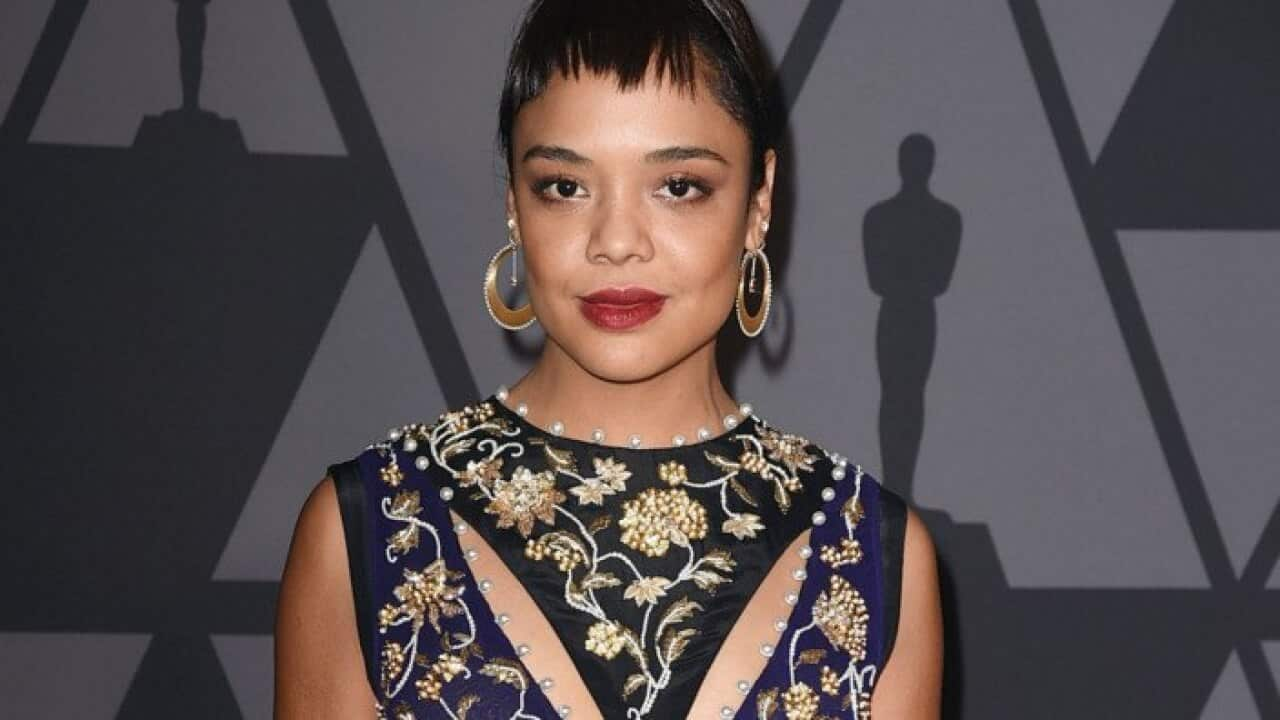I was a pop-culture and gaming enthusiast in high school. Thanks to a severe acne problem, I was also a shy teen. But being something of an outsider never bothered me — because in shows like Doctor Who and Community; or in animes like and I’d found a quiet path to resilience and confidence in the best, most colourful stories.
High school dating, however, was a different challenge. I had a hard time approaching girls. What made it even more difficult and confusing was that I also began finding boys attractive. I grew up at a time when there was very little information on bisexuality, and people assumed you were . Even in the pop culture world, where characters were bright and proudly different, I couldn’t find many stories that validated my experience.
None of this made it easy to explain to my migrant family. Sex talks are awkward at best in Asian households. Even straight couples sometimes won’t admit to parents they’re in a relationship until enough time has passed and they’re suddenly expected to marry one another and have kids. So I was incredibly grateful and surprised when I eventually came out to my family and they proved to be supportive. That, despite the potential disappointment that I probably won’t give my parents biological grand-kids.
I started dating women in my first year at university. Rejections — when they happened — were painfully polite. I might be told that I’m not someone’s type, that I’m “too nice’” or in one (rather unfortunate) case, I was rejected by an Asian girl on Tinder because “I looked too much like her brother”.
But underneath the cotton-wrapped rejections is a much harder truth. The media often portrays Asian men as undesirable: the that get propagated in mainstream movies and TV shows is that we are awkward, nerdy, or worse, — painting a less than flattering picture of Asian masculinity.
Interestingly, it was easier for me when it came to dating men. Perhaps having the same biology, similar thought process, and being a lot more forward when it comes to sex helps. Finding more success in the gay dating scene helped boost my confidence and sense of self. But it was not without its drawbacks.
Rejections are far more brutal in the gay community. Profiles of men in gay online dating apps sometimes explicitly state “No Asians, No Curries, No Femmes, No Fatties, Masc only,” and other criteria that efficiently filter out who they want to connect with. In other words, what’s seen as blatantly in real life is often the norm in gay online dating.
Finding more success in the gay dating scene helped boost my confidence and sense of self. But it was not without its drawbacks.
What’s more, queer Asian man are often as ‘submissive’ or ‘bottoms’ or both. This perceived feminisation of our ethnic identity means we’re often dismissed in the, or else fetishised by Rice Queens who obsess over our physical traits and
I’m ashamed to admit that I used to be fixated on western ideals of masculine beauty. I used to almost exclusively connect with white men and rejected Asian men — until I realised that my own prejudices were contributing to what’s toxic in this community. Being objectified by men has also given me an insight into the casual sexism most women experience daily. With that awareness, I’ve learned to become more mindful in my own approach to dating.
Asian men now more than ever need to collectively reclaim the narrative of our own identities. Not just in challenging our notion of masculinity, but also to start conversations that challenge our own understanding of sexual orientation and gender norm stereotypes.
These days, my inner pop-culture enthusiast is grateful to see a wider spectrum of Asian representations in the west. Through the rise of culture, and in, recent movies like Searching and Crazy Rich Asians, and TV series like Fresh Off the Boat and The Family Law, we are seeing more diverse and authentic stories of western Asian diaspora. On the internet, our representation fares even better with Youtube channels like Nigahiga, Wong Fu Productions, Superwoman, Michelle Pan, and to name a few.
All of these up-and-coming creators are adding to a canon of authentic content through their norm-defying perspectives. I look forward to a day when we manage to carve out an even bigger space for in the west — transcending the mainstream binary of our preferences and identities.
*Real name of the author is not used in the piece.
This article was edited by Candice Chung, and is part of a series by SBS Life supporting the work of emerging young Asian-Australian writers. Want to be involved? Get in touch with Candice on Twitter @candicechung_
RECOMMENDED

Here, secretly queer and Chinese





